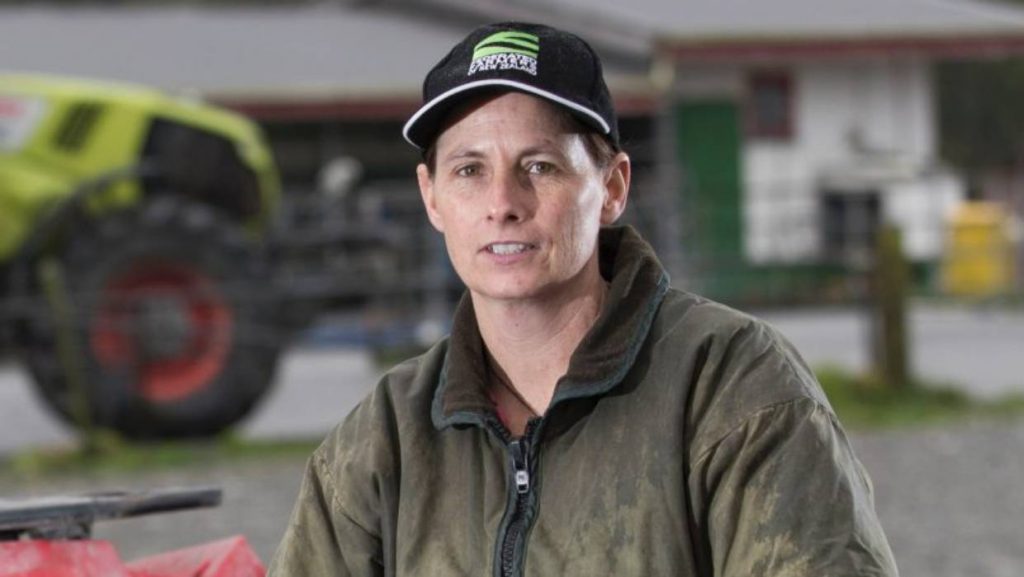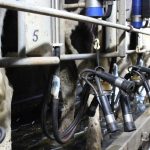
These include policies on freshwater management, climate change, biodiversity, Resource Management Act reform, the minimum wage and immigration.
Federated Farmers president Katie Milne said on Monday that the Reserve Bank’s decision to slash the offical cash rate to 0.25 per cent on Monday was the correct response to worsening economic conditions.
The federation also supported the decision to delay the introduction of tougher capital requirements for banks.
A “broad-based fiscal stimulus” would be needed to support industries and workers directly affected by the coronavirus outbreak and provide confidence, she said.
Milne also called for the Government to follow the Reserve Bank’s lead and defer regulatory changes that would negatively affect farmers “at the worst possible” time.
“What’s needed is policy certainty, to give the primary sector and the business community generally a much-needed boost in confidence to keep operating, keep staff employed, and keep investing.”
Southland beef farmer Sarah Flintoff said that after the “hammering” farmers had taken from the Government, it might now realise the sector’s value as other parts of the economy bore the brunt of the coronavirus fall out.
“This is a good time to take the bull by the horns and say lay off us,” Flintoff said.
But Otago farmer Mark Anderson said there was the potential that coronavirus could be used to squander opportunities to move the sector forward towards more sustainable farming practices.
“I feel it’s a bit of a cop-out and I know that there are other lobby groups that are trying to sideline away from these realities that are facing us.
“Regenerative agriculture addresses all these issues, so I don’t really have anything against these new reforms and I’m guessing we need to do this sooner than later. It could be an amazing opportunity with interest rates plummeting and costs on the farms,” Anderson said.
But Greenpeace executive director Russel Norman said the climate change and biodiversity crises facing the world would not go away because of the Covid-19 coronavirus.
The policies that Federated Farmers wanted to stop would take a number of years to roll out and wouldn’t have any short term effect.
Managing the short term economic shock was more important, he said.
‘We’ve called for a greening of the stimulus package …to make sure that that package actually helps us with our longer-term issues as well,” Norman said.
Milne said the doubling of emissions prices to $50 under the proposed Emissions Trading Scheme Amendment Bill would also be unhelpful under current economic pressures.
Federated Farmers also proposed a temporary waiver to current rules that mean migrant workers in the agricultural sector must return home for 12 months before visas are renewed.
This would reduce the risk of infection to new and returning migrant workers, and ensure experienced workers were available to the industry, Milne said.
“The primary sector is still our export powerhouse and it will become even more important for our economy and wellbeing as the tourism industry goes through an extended downturn,” she said.
Agriculture Minister Damien O’Connor said the Government was working through details of an economic response package to be announced on Tuesday.
























